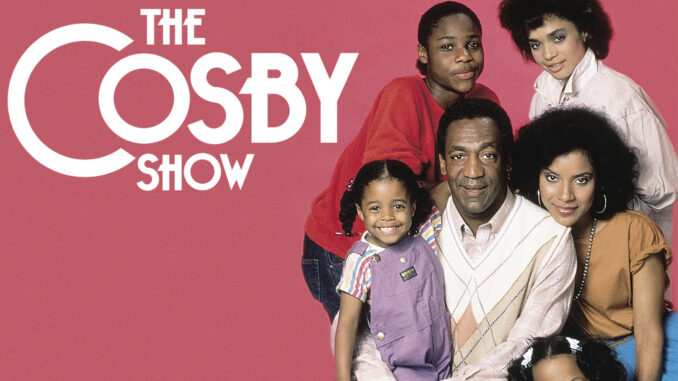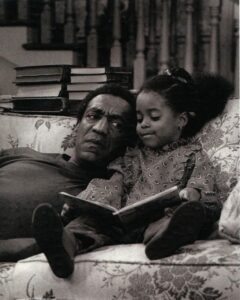
How The Cosby Show Saved Night Court From Certain Doom?

Up until 2014, the public at large didn’t know about the extent of sexual crimes committed by comedian and TV star Bill Cosby. Since 2014, over 60 women have come forward with allegations of sexual assault, some of which stretch back to the 1960s. The many, many details of Cosby’s assaults, cover-ups, and other crimes have been openly detailed in the news, and in the 2022 documentary series “We Need to Talk About Cosby.”
Cosby’s crimes make discussions of the hit series “The Cosby Show” a little fraught. Because the stories of sexual assault hadn’t been made public yet, Cosby was easily accepted by mainstream sitcom viewers as a kindly, father-like figure: a perfectly put-upon patriarch of a modern, wealthy Black family. “The Cosby Show” was instantly successful and widely beloved when it debuted in 1984, and it lasted eight seasons and 201 episodes. Everyone watched it. Critics praised the sitcom for presenting a Black experience that was free of typical cliches and stereotypes. The Huxtable family was wealthy and successful. The series was even mentioned in the 2011 essay book “Icons of Black America.” “The Cosby Show” had a legitimate legacy and moved the needle in conversations about race and its depictions in pop media.
“The Cosby Show” was also the rising tide that lifted all ships. In 2017, the A.V. Club examined the sitcom landscape of 1984, and found it to be rather bleak. If it hadn’t been for the success of “The Cosby Show,” other, weirder sitcoms likely wouldn’t have been greenlit to accompany it on NBC’s evening schedule. The most direct beneficiary of the “Cosby” success was probably “Night Court.
